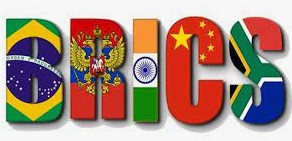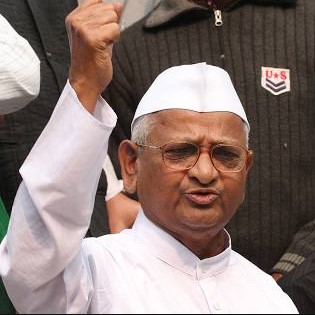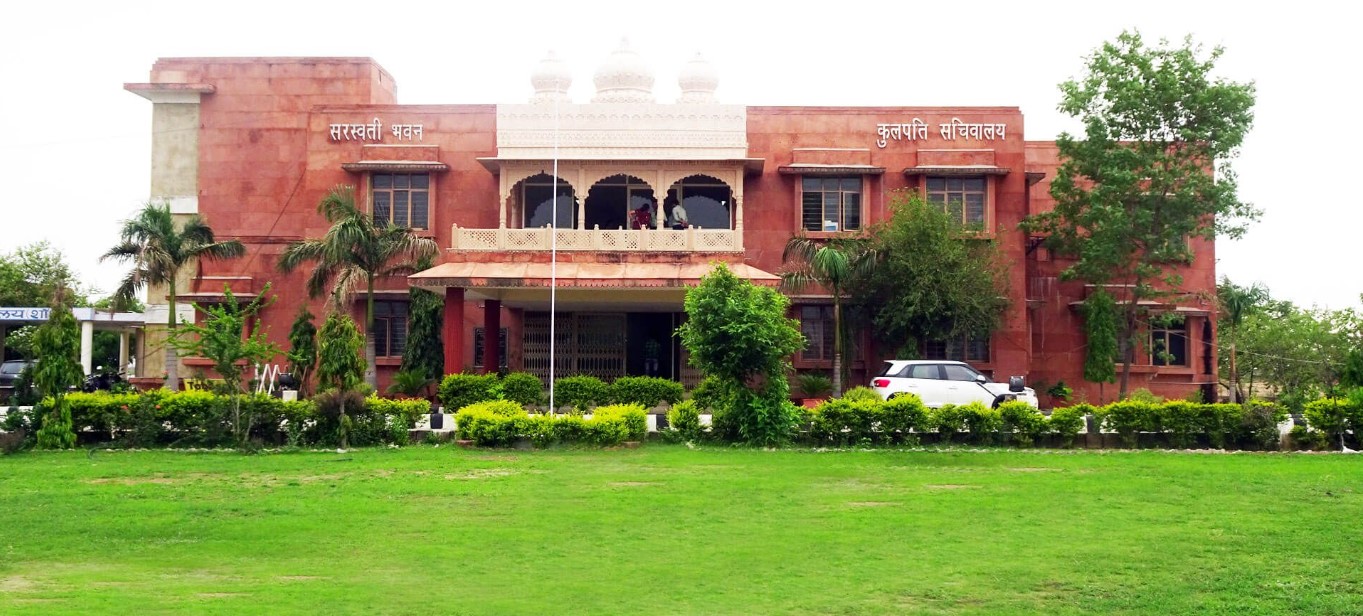
The BRICS Alliance is an international organization that brings together five major emerging economies: Brazil, Russia, India, China, and South Africa. The term "BRICS" was first coined by Goldman Sachs in 2001 to represent the collective economic potential of these countries. Over time, the concept gained traction, leading to the formation of the BRICS Alliance in 2006.
The BRICS Alliance aims to enhance cooperation and promote mutual development among its member countries. It serves as a platform for dialogue, coordination, and collaboration on a wide range of issues, including economics, politics, trade, finance, and culture. With a combined population of over 3 billion people and a total GDP exceeding $16 trillion, the BRICS countries possess substantial economic clout and play a significant role in shaping the global economy.
One of the primary objectives of the BRICS Alliance is to reform the global financial architecture. The member countries seek to challenge the dominance of Western-dominated institutions such as the International Monetary Fund (IMF) and the World Bank, which they perceive as unrepresentative and unresponsive to the needs of emerging economies. In 2014, the BRICS countries established the New Development Bank (NDB) to provide financial assistance to infrastructure and sustainable development projects in member nations and other developing countries. The Contingent Reserve Arrangement (CRA) was also created to provide a safety net for member countries facing balance-of-payments difficulties.
Economically, the BRICS countries have been characterized by high growth rates, expanding middle classes, and increased trade and investment flows among themselves. These countries have a strong emphasis on domestic consumption, infrastructure development, and technological innovation. As a group, they have become major players in the global marketplace, attracting significant foreign investment and engaging in trade partnerships with both developed and developing countries.
Moreover, the BRICS Alliance plays a crucial role in addressing global challenges and promoting sustainable development. Climate change, energy security, food security, and poverty alleviation are among the key areas of focus. The member countries strive to develop sustainable growth models, enhance renewable energy deployment, and promote cooperation on environmental protection. The BRICS countries also seek to foster people-to-people exchanges, cultural understanding, and academic cooperation to strengthen ties between their societies.
The BRICS Alliance holds annual summits, bringing together the leaders of its member countries to discuss and coordinate strategies on various issues. These summits provide a platform for dialogue and enable the leaders to build personal relationships and understanding, facilitating cooperation in the long run. In addition to the annual summit, numerous ministerial meetings, working group sessions, and business forums are organized throughout the year to deepen collaboration and explore opportunities for growth and development.
Since its inception, the BRICS Alliance has made significant strides in promoting cooperation and achieving its objectives. The member countries have deepened their economic ties through bilateral trade agreements, investment partnerships, and joint ventures. They have also increased their diplomatic engagement and coordination on global issues, often speaking with a united voice on matters of mutual concern. Additionally, the BRICS countries have expanded their institutional framework by establishing think tanks, research centers, and academic exchanges to promote knowledge sharing and policy coordination.
While the BRICS Alliance has been successful in many areas, it also faces several challenges. The diverse political systems, economic structures, and priorities of the member countries can sometimes hinder consensus-building and decision-making. Moreover, geopolitical tensions, trade disputes, and differences in regional priorities can pose obstacles to closer cooperation. However, the BRICS countries have shown resilience and a commitment to overcoming these challenges through constructive dialogue and spirit of cooperation.
Looking ahead, the BRICS Alliance is poised to continue playing a significant role in the global arena. As major emerging economies, the BRICS countries have the potential to shape the future of the global economy, governance systems










